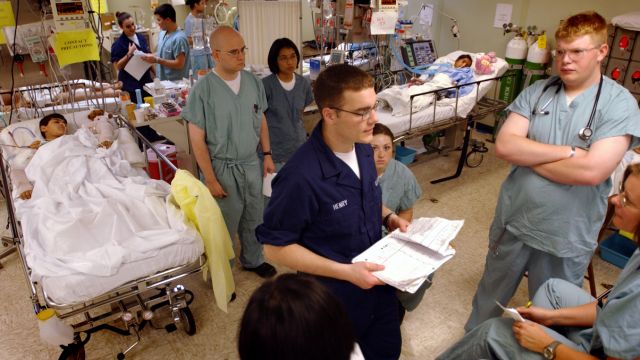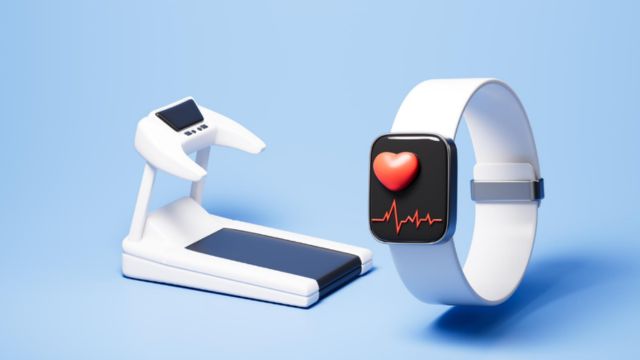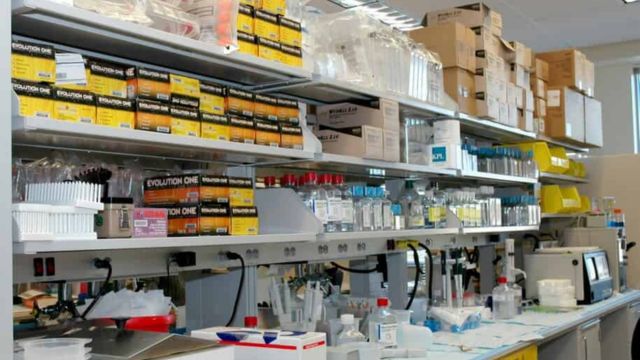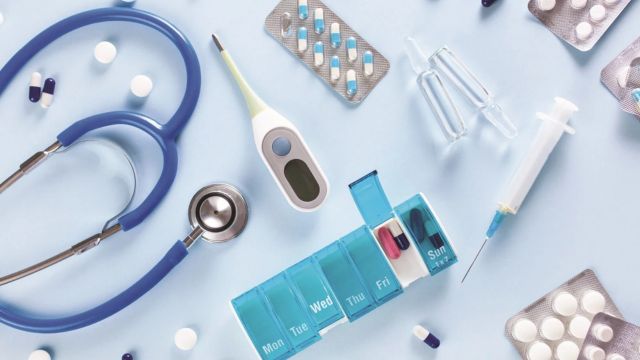Medical equipment is absolutely vital in healthcare facilities if we are to provide the best possible patient treatment. Maintaining, fixing, and guarantees of safety for this equipment fall on clinical engineers. The operations, safety criteria, and general patient care of your institution can be much improved by the appropriate clinical engineering team. Still, selecting the appropriate team might be difficult given the vast spectrum of knowledge, credentials, and experience demanded.
We shall walk you through the process of choosing the appropriate clinical engineering team for your medical institution in this post. We’ll go over key requirements including technical knowledge, certifications, and team dynamics to make sure your equipment is safe, compliant, and running as it should.
Core Responsibilities of a Clinical Engineering Team:
Before diving into the specifics of how to choose the right team, it’s important to understand the key responsibilities of clinical engineers:
-
Maintenance & Calibration: Clinical engineers are responsible for ensuring that medical devices are calibrated correctly, maintaining proper functioning, and performing regular checks to prevent breakdowns.
-
Equipment Troubleshooting: They troubleshoot and repair faulty medical devices, ensuring minimal downtime and maintaining the reliability of essential equipment.
-
Compliance & Safety: Clinical engineers play a vital role in ensuring that medical equipment meets regulatory standards such as FDA and ISO. They are responsible for making sure that all devices in use are safe for patients and staff.
-
Technology Integration: With the rise of digital health technologies, clinical engineers are increasingly involved in integrating new medical technologies into the facility’s systems.
Key Criteria for Choosing the Right Clinical Engineering Team:
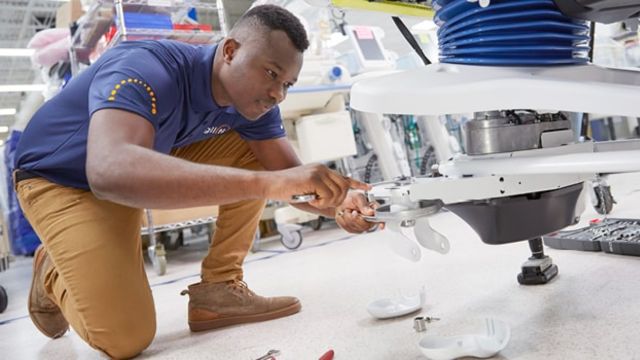
Now that we understand what a clinical engineering team does, let’s discuss the key factors to consider when choosing the right team for your medical facility:
-
Technical Expertise:
-
Clinical engineers should possess in-depth knowledge of the medical equipment used in your facility. From imaging devices to infusion pumps, they need to be well-versed in the technology they’ll be maintaining and troubleshooting.
-
Ensure the team has expertise in the specific equipment used in your facility, especially if you have specialized or complex medical technologies.
-
-
Certifications and Training:
-
Certifications like the Certified Biomedical Equipment Technician (CBET) and Certified Clinical Engineer (CCE) are essential in ensuring the team has the technical and regulatory knowledge required for safe and efficient operation.
-
Additionally, ongoing training in new medical technologies and industry standards is crucial for clinical engineers to keep up with rapidly evolving healthcare technology.
-
-
Experience:
-
Look for clinical engineers who have hands-on experience in managing medical devices similar to those used in your facility.
-
Prior experience in healthcare environments is essential, as they will be familiar with the unique challenges and regulatory requirements that healthcare facilities face.
-
-
Team Collaboration and Communication:
-
A successful clinical engineering team works seamlessly with other departments, such as the IT team, hospital management, and healthcare providers. Effective communication between these teams is crucial to ensure that medical equipment is properly integrated into the facility’s workflows.
-
Consider how well the team collaborates with other departments and communicates technical information to non-technical staff.
-
-
Problem-Solving and Critical Thinking:
-
Clinical engineers should be proactive problem-solvers who can quickly and efficiently troubleshoot issues. In high-pressure situations, such as during an equipment failure, the ability to make quick decisions is critical for patient safety.
-
-
Support and Maintenance Contracts:
-
Check if the clinical engineering team offers ongoing support and maintenance contracts. These contracts are essential for ensuring that all equipment remains in good working condition and that maintenance is done regularly.
-
Building a Successful Clinical Engineering Team:
While choosing an individual clinical engineer is important, building an effective clinical engineering team requires more than just hiring the right people. Here are some additional tips for building a successful team:
-
Diverse Skill Sets: Aim for a team that has diverse skill sets across various medical devices and technologies. This ensures that all types of equipment in your facility can be handled without the need for outsourcing.
-
Continual Education and Development: Healthcare technology is constantly evolving, so it’s essential that your team stays updated with the latest developments. Offering regular training sessions or providing access to workshops will ensure that your team remains at the forefront of industry trends.
-
Clear Roles and Responsibilities: Establish clear roles within the team, so everyone knows their responsibilities. Having a defined team structure helps in efficient handling of tasks and ensures accountability.
Conclusion:
Choosing the right clinical engineering team for your medical institution is crucial to ensure that your equipment is maintained properly, compliance with safety requirements, and performing at its optimum. By concentrating on technical competence, certifications, experience, and cooperation abilities, you can select a team that suits the unique demands of your healthcare facility.
In the fast-paced and continuously evolving healthcare sector, a well-trained and capable clinical engineering team may make all the difference in keeping your medical equipment functioning smoothly and providing high-quality treatment to patients.
At J&J Supplies, we provide high-quality medical supplies and certified clinical engineering solutions to ensure your healthcare facility runs smoothly and safely. Contact us today to learn how we can support your needs and enhance patient care!

